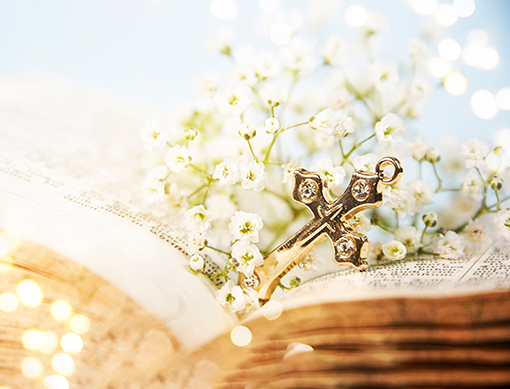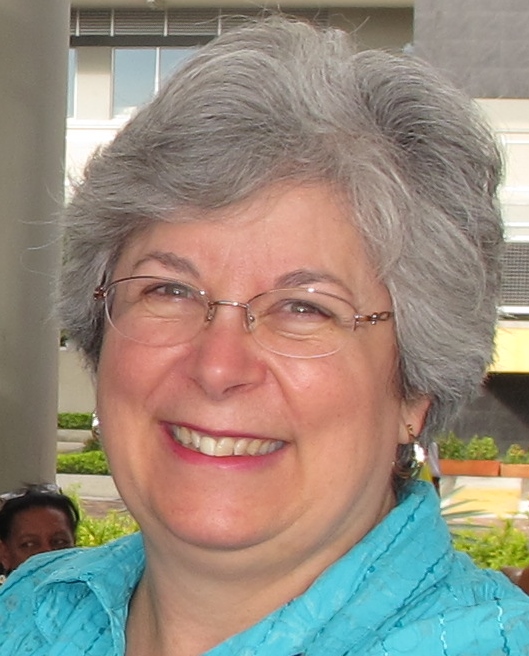Easter is a joyful time full of sacramental blessings. During the Easter Vigil, many of us welcomed new members into our Catholic faith community as they received the sacraments of Baptism, Confirmation, and Eucharist. During the Easter season, many children will receive their First Communions and other Catholics will be confirmed. Celebrating these sacraments of initiation effects the ones receiving them, but everyone in the pews is also reminded of their own faith journey.
 Before it became normative to be a Christian -- because Emperor Constantine made it the state religion in the 3rd century -- the early Christians lived their faith in a society that did not have Gospel values. People were drawn to Christ by the witness of his disciples' lives. Catechesis again has the task of transmitting those values to the next generation, since ordinary culture may not.
Before it became normative to be a Christian -- because Emperor Constantine made it the state religion in the 3rd century -- the early Christians lived their faith in a society that did not have Gospel values. People were drawn to Christ by the witness of his disciples' lives. Catechesis again has the task of transmitting those values to the next generation, since ordinary culture may not.
St. Paul told the early Christians that we are all ambassadors for Christ. God has entrusted to us the Good News (2 Corinthians 5:17-20). New Catholics are watching us to learn how to live their faith. We have a responsibility for every member. Think of it this way: By the way they welcome the candidates as friends and coworkers, everyone in your parish is part of the Christian Initiation team. By the way they treat their own families and friends, everyone is preparing young people for Confirmation and First Communion.
Ambassadors for Christ. Ask children for their ideas for welcoming new Catholics, the newly initiated, first communicants, and recently confirmed. What will make new people feel at home in their parish? What would make them feel welcomed if they moved to a new parish or school?
What Do Sponsors Do? Explain the role of sponsors and godparents play in the ongoing faith journey of the newly baptized and confirmed. Look in the Index pages of your Blest Are We Faith in Action or Be My Disciples program books for lessons on the Sacraments of Initiation.
Acting Out What We Profess. The sacraments do not simply assert something is true; they make that truth more real to us by the sacred symbols, prayers and actions. Spend time with your students reflecting on how each member, new and lifelong, is called to build up the Mystical Body of Christ. We say that the Sacraments are by and for the Church. They are by the Church in that the Church decides how and when they will be celebrated. Sacraments are for the Church because they have power to create us as a community of faith.
Demonstrate Baptism and Confirmation. Show the symbols that are used in the sacraments of Baptism and Confirmation: water and holy oils. Invite students to role play baptism of a baby and a baptism of an adult. Appoint students to play the priest or deacon, godparents and catechumens. For the Sacrament of Confirmation, students will play the roles of the bishop, the confirmandi and their sponsors.
Memories of the Sacraments. Ask your students to share their memories of receiving First Communion, witnessing a baptism, or attending a Confirmation. Some may even recall their own baptism if they were not baptized as infants. Who was there with them?
 About the Author
About the AuthorDr. Lauri Przybysz specializes in equipping families to live their vocation to be domestic churches and signs of God’s love. Lauri received the Doctor of Ministry from the Catholic University of America, and she has been both a Catholic middle school religion teacher and a faith formation coordinator at the archdiocesan and parish levels. She is the mother of six children and grandmother of 21.
